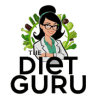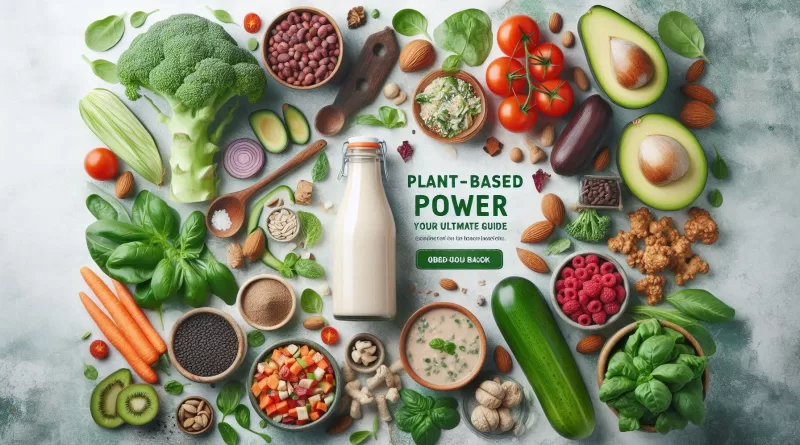Plant-Based Nutrition Power: Your Ultimate Guide to Nutrient-Rich Vegan Eating
Plant-Based Nutrition: Ensuring Adequate Nutrient Intake Like a Pro
Ever wondered if you’re getting enough nutrients on a plant-based diet? You’re not alone. Transitioning to a plant-based lifestyle can feel like navigating a nutritional maze, but I’m here to break it down and show you exactly how to crush your nutrition game.
Understanding Plant-Based Nutrition: The Real Deal
Plant-based nutrition isn’t just a trend – it’s a powerful way to fuel your body. But here’s the truth: without strategic planning, you might miss out on critical nutrients.
What Exactly is Plant-Based Nutrition?
- Focuses on whole, minimally processed plant foods
- Includes fruits, vegetables, whole grains, legumes, nuts, and seeds
- Minimizes or eliminates animal products
Key Nutrients Every Plant-Based Eater Must Know
Protein: The Building Block Myth Buster
Contrary to popular belief, plant-based diets can absolutely crush protein requirements. Here’s how:
- Protein Powerhouses:
- Lentils (18g protein per cup)
- Tofu (10g protein per 1/2 cup)
- Quinoa (8g protein per cup)
- Tempeh (16g protein per 1/2 cup)
Critical Nutrients to Watch
| Nutrient | Plant-Based Sources | Daily Requirement |
|---|---|---|
| Vitamin B12 | Fortified nutritional yeast, supplements | 2.4 mcg |
| Iron | Spinach, lentils, tofu | 8-18 mg |
| Calcium | Fortified plant milk, kale, almonds | 1000-1200 mg |
Plant-Based Nutrition: Avoiding Common Nutrient Deficiencies
The Vitamin B12 Challenge
Plant-based diets typically lack B12, which is crucial for nerve function and blood cell formation. Pro tip? Consider a high-quality supplement or extensively fortified foods.
Iron Absorption Hacks
Pro move: Pair iron-rich foods with vitamin C to boost absorption. Example? Spinach salad with citrus dressing.
Your Nutrition Survival Guide
Creating a Balanced Plate
- 👉 1/2 plate: Colorful vegetables
- 👉 1/4 plate: Whole grains or starchy vegetables
- 👉 1/4 plate: Plant-based proteins
Supplementation: When and What to Take
Not all supplements are created equal. Consider:
- Vitamin B12
- Vitamin D
- Omega-3 (algae-based)
- Iron (if blood tests show deficiency)
FAQs About Plant-Based Nutrition
Q: Can I get enough protein on a plant-based diet?
Absolutely. Combine protein sources like beans, nuts, and whole grains to get complete proteins.
Q: Do I need supplements?
Most plant-based eaters benefit from B12 and potentially vitamin D supplements. Always consult your healthcare provider.
Q: How do I ensure I’m getting all nutrients?
Eat a varied diet, track your nutrition occasionally, and consider periodic blood tests.
Final Thoughts: Your Nutrition, Your Power
Plant-based nutrition isn’t about restriction but abundant, intentional eating. With the right knowledge and approach, you’ll survive and thrive.
Ready to transform your plant-based nutrition game? Let’s do this!
“`

